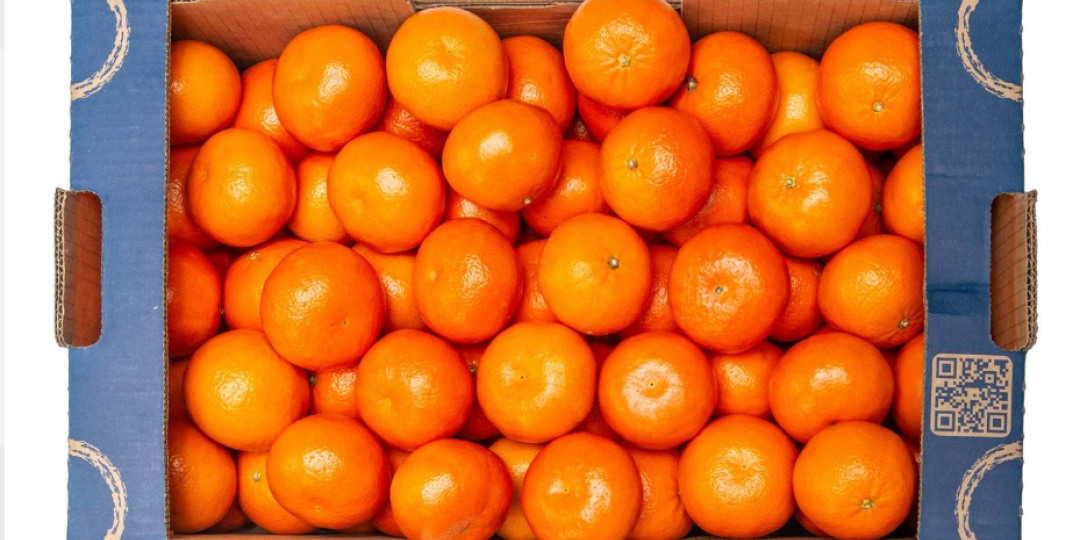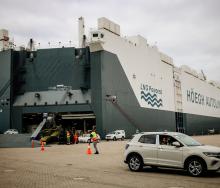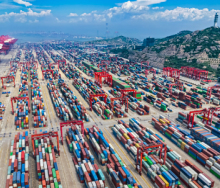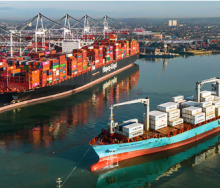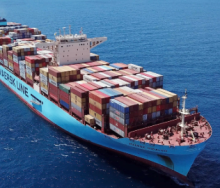South African citrus exports are 7% higher across all terminals combined when compared to prior year volumes mid-season, despite global challenges facing the industry.
Transnet Port Terminals (TPT) said in a statement last week that it had handled more than 77 376 forty-foot equivalent units (FEUs) during the first half of the season across its container terminals in Durban, Ngqura and Gqeberha. Actual citrus export volumes were 36% higher than the prior year at the Port Elizabeth Container Terminal,13.1% higher at the Durban Container Terminal, 6.1% higher at the Durban Container Terminal (DCT) Pier 2, and 2.3% higher at the Ngqura Container Terminal. The Cape Town Container Terminal, which plays a supporting role during this season, also recorded a 6% increase in refrigerated container volumes which include citrus exports.
TPT general manager for commercial and planning, Michelle van Buren Schele, said firms had been compliant with the truck appointment system and the ports had been ready to handle the huge volumes.
“Our citrus readiness plans have focused on employee resourcing, maximum stack capacity, industry compliance with the truck appointment system, and increased terminal plug points for refrigerated containers,” she said.
She added that while Transnet’s proposal to transport refrigerated containers by rail was still awaiting feedback from logistics service providers for consideration, a mass rail evacuation system would contribute considerably to reducing truck traffic. However, she said the proposed service was heavily reliant on industry uptake.
But the recent enforcement of the European Union’s (EU) new protectionist regulations regarding citrus imports from southern Africa remains a major challenge. This, combined with increased shipping rates, input costs, and the late production of lemons and grapefruit, has posed many uncertainties for the industry.
The Citrus Growers Association (CGA) has revised its annual estimated export volumes down from 170.5 million to 165.9m cartons for 2022.
South Africa’s peak citrus season runs between April and September and sees ports in Durban and the Eastern Cape moving high export volumes to more than 100 countries, mainly within the EU and Far East, and to the US.
Meanwhile, in continuing efforts to improve terminal stack fluidity, DCT has provided an update on the current free import storage procedure.
Transnet said cargo owners would still have 78 hours of free import storage, but the start of the free storage period begins from the date the container is offloaded from the vessel and placed in the stacking area to be collected. Previously, the free 78 hours commenced only after all containers on a vessel had been offloaded.
“It’s important to keep the yard fluid as it benefits the customer and improves container handling efficiencies at the terminal,” Van Buren Schele said.
